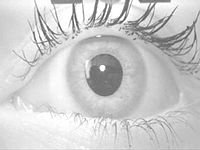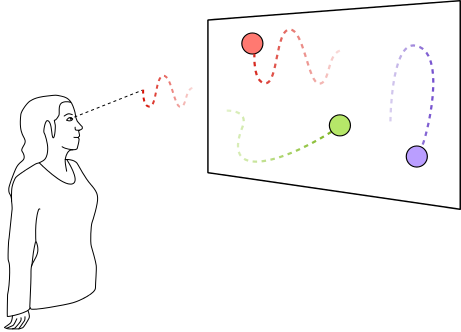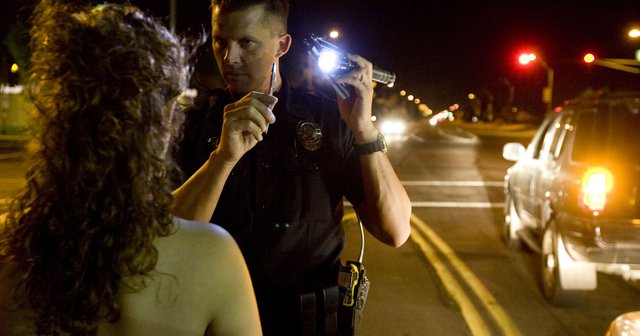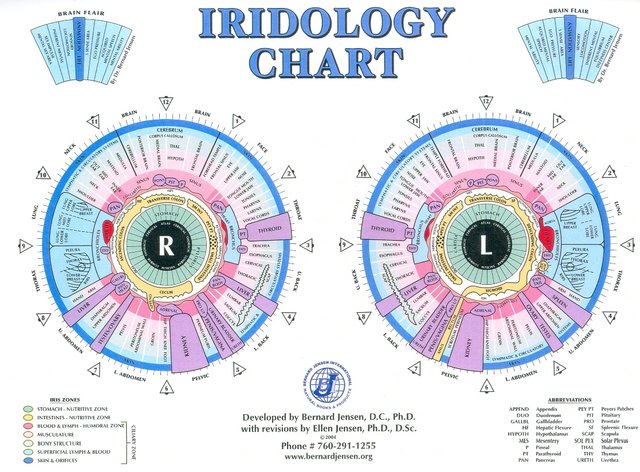Smooth Pursuit & Schizophrenia

Back in the day I had a boyfriend who suffered from a schizo-active disorder. Whether or not it was schizophrenia, I am not sure. One thing I was sure of was that he frequently had paranoid delusions and auditory hallucinations. Out of my need to understand him, I was drawn closer towards my passion for psychology which eventually led me to neuroscience. I can remember watching his eyes- he lacked smooth pursuit (the ability to track an object smoothly).

In schizophrenics, pursuit tends to be normal when tracking a randomly occurring trajectory, however the greatest deficit in pursuit can be observed when an object is tracked at a predictable velocity. Smooth pursuit deficits are also an observable factor in autism, trauma, drug and alcohol intoxication, and preterm births. One time, I got pulled over and was made to perform a field sobriety test. I told the cop that I was not able to stand on one foot due to poor balance as a result of head injuries - thinking back, I should have told him I was schizophrenic and lacked smooth pursuit, too. :p
Anyways, I noticed that flash electroretinography is now being used to identify schizophrenia via responsiveness to a flickering stimulus. The purpose of this is to isolate cone photoreceptor function. This is because schizophrenics demonstrate weakened photoreceptor and bipolar cell activations when responding to stimuli of high intensity. It’s very interesting how the eye provides so much insight (pun) into our biological well being. That brings me to think about iridology, the study of the iris with the belief that ailments are represented as irregularities in eye color/make-up. There are very few published research articles on this practice and it is something that fuels my curiosity.


Psy got my eye read once 👁️